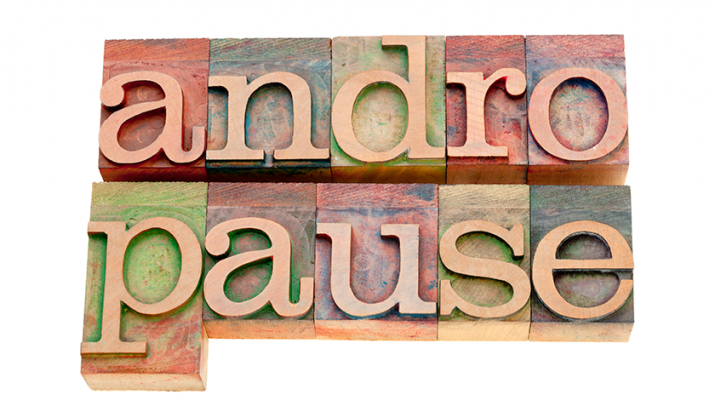By Deborah Jeanne Sergeant
Women aren’t the only ones to experience “the change” later in life.
“Andropause” is often used to describe symptoms affecting mature men such as decreased libido, lowered vitality, weight gain, erectile dysfunction, decreased muscle mass and bone density, anemia, pre-diabetes, depression and increased irritability.
Low levels of testosterone are to blame.
According to the Urology Care Foundation in Linthicum, Md., “About four out of 10 men over the age of 45 have low testosterone. It is seen in about two out of 10 men over 60, three out of 10 men over 70, and three out of 10 men over 80 years old.”
Some of the symptoms of andropause can indicate other issues, so it’s important to seek a medical exam. A blood test can measure testosterone levels and if they are lower than normal, your doctor may refer you to a Testosterone Replacement Therapy Physician. If you are looking for Testosterone Replacement in Naples, FL, you may visit clinics like Orchidia Medical Group. A Bioidentical Hormone Replacement Therapy in Lehi, UT may also be beneficial to men who need to boost their testosterone levels.
“It is important to discuss any changes in physical well being with your physician,” said Gina Cuyler, internist with University of Rochester Medical Center.
If a medical provider identifies low testosterone as the reason for the symptoms, the provider and patient discuss options and weigh the risks and benefits of various treatments — if that’s what the patient wants.
“It is important to understand that not all men with low testosterone require treatment,” Cuyler said. “Only men who are very symptomatic may require it.”
For some men, natural health modalities may help alleviate symptoms to manageable levels. Shelley Szymko, licensed acupuncturist and Chinese herbalist at Pathways Acupuncture & Massage in Rochester, said that acupuncture and Chinese herbal medicine may offer relief.
She said that these modalities may aid with stabilizing mood, improving libido and energy and lowering stress and anxiety. She said that mixtures of Chinese herbal medicine may include several herbs and can be tailored to each client’s needs.
“Over the course of time, the patients should work with that practitioner for three to four months and afterwards regularly check in to see which symptoms are improving and which areas need further focus or attention,” Szymko said.
Brian Adcock, physician assistant with Urology Associates of Rochester, said that patients with higher risk factors, such as Type 2 diabetes, taking opioid pain medication, HIV, AIDs or thyroid disorder, should receive screening for low testosterone. Adcock said that only 19 percent of men with erectile dysfunction have low testosterone levels. For those seeking treatment, several medical options including Testosterone Replacement Therapy by Spartan Medical Associates may help. An Erectile Dysfunction Clinic may also offer Testosterone Pills, testosterone replacement skin gels, injections, implants and skin patches.
Adcock said that some side effects can include increased acne production and mood swings.
“We’re always mindful of the fact that although testosterone replacement doesn’t cause prostate cancer, men who are developing prostate cancer should not be on testosterone replacement so we screen for it regularly,” Adcock said. “Family history of prostate cancer should be a consideration, but just a family history alone isn’t a contraindication.”
For some men, stimulating their bodies to generate their own testosterone may provide the answer. Typically used with patients of child rearing age who have secondary hypergonadism, oral medication can help their bodies produce more testosterone. Men with primary hypergonadism don’t make any testosterone, so replacement therapy provides the only prescription help.
“There is no known dietary or exercise factors to raise testosterone, but a well-balanced diet and exercise are good for everyone,” Adcock said.

